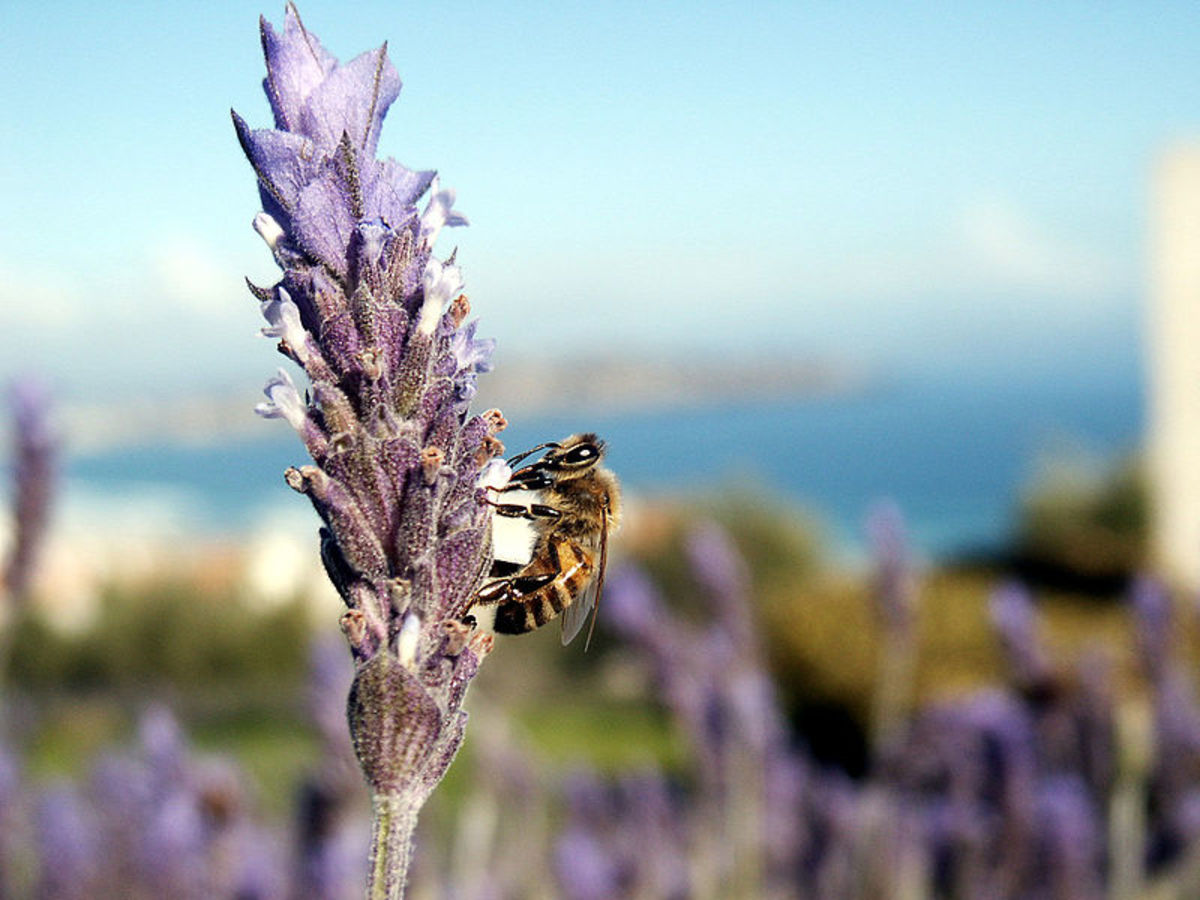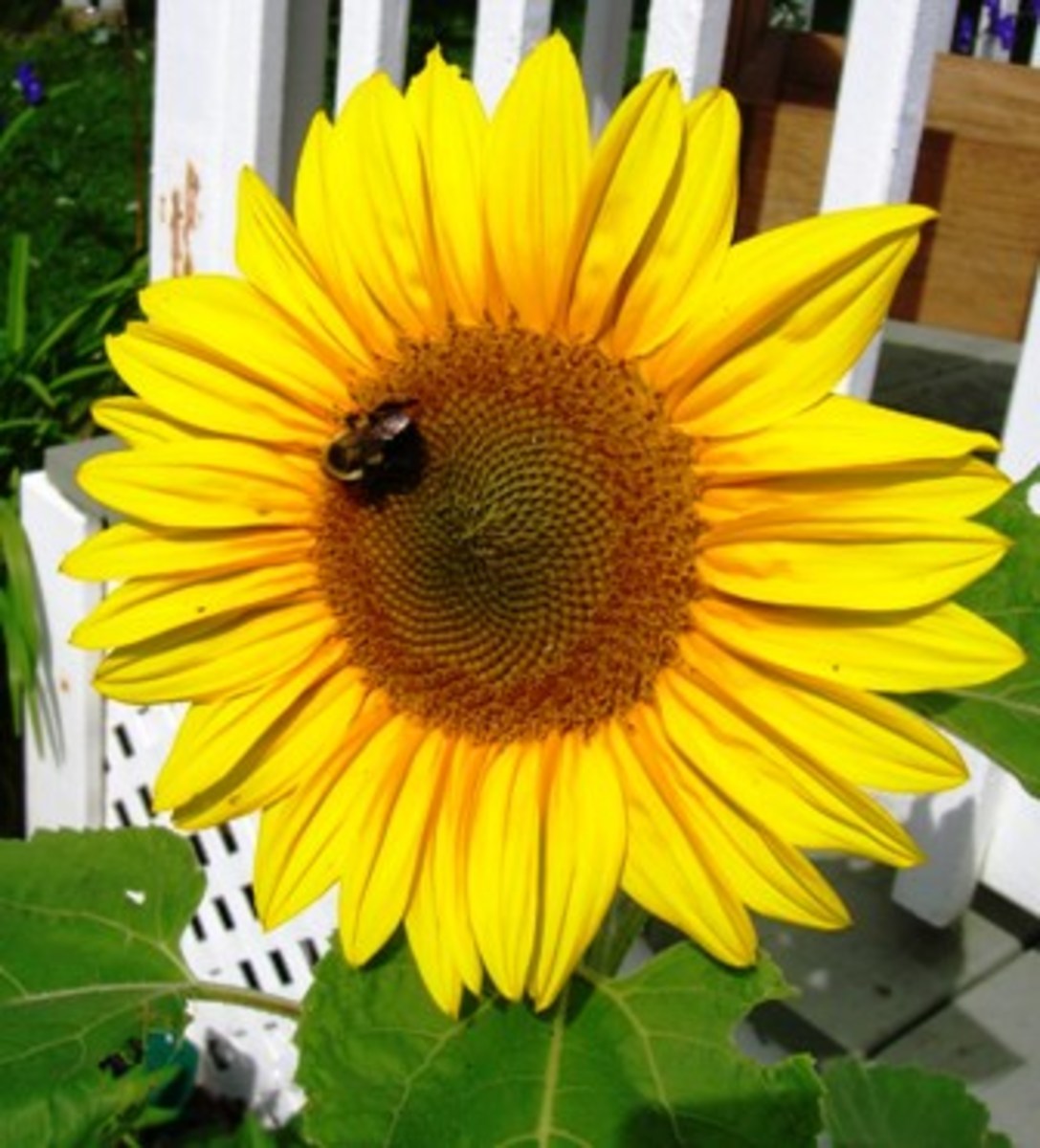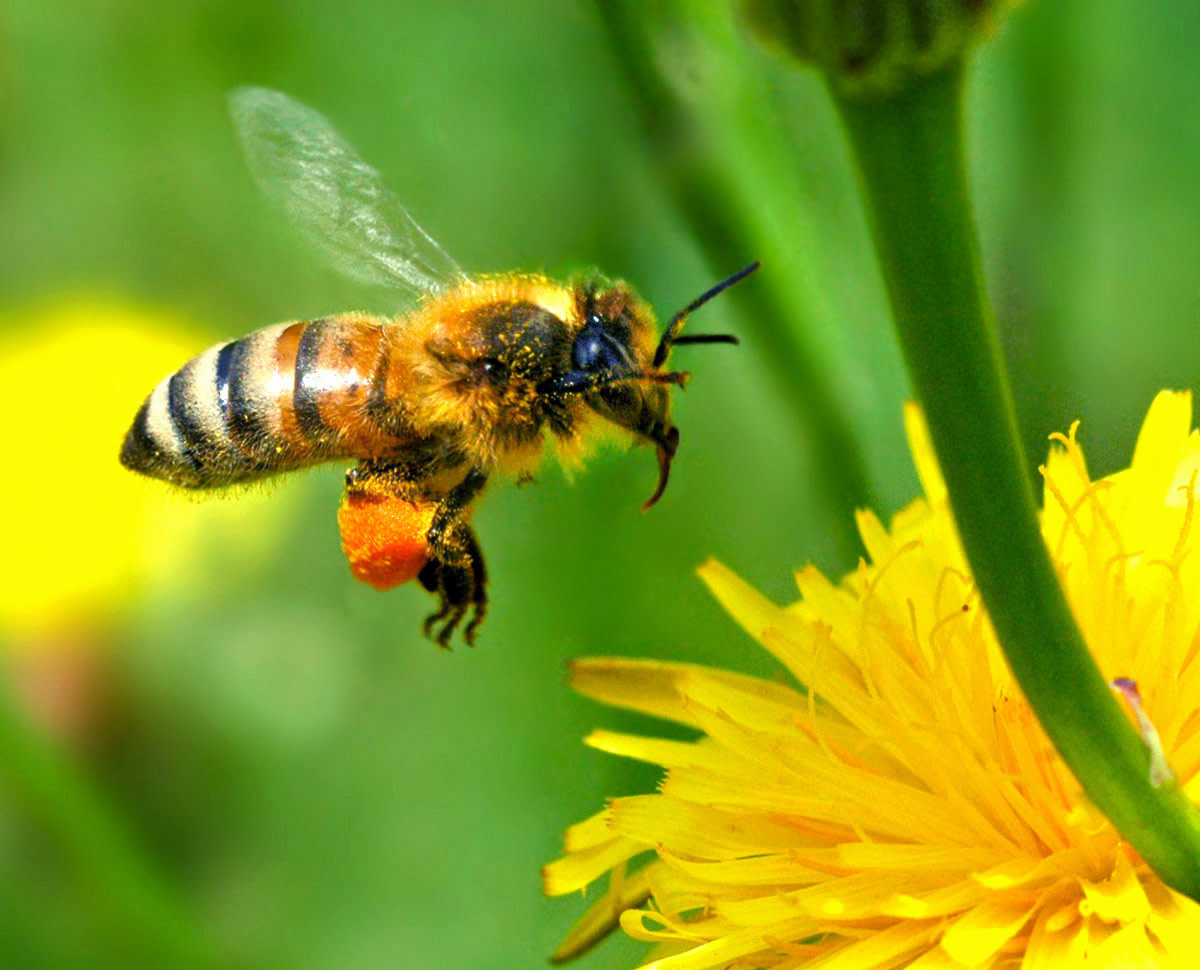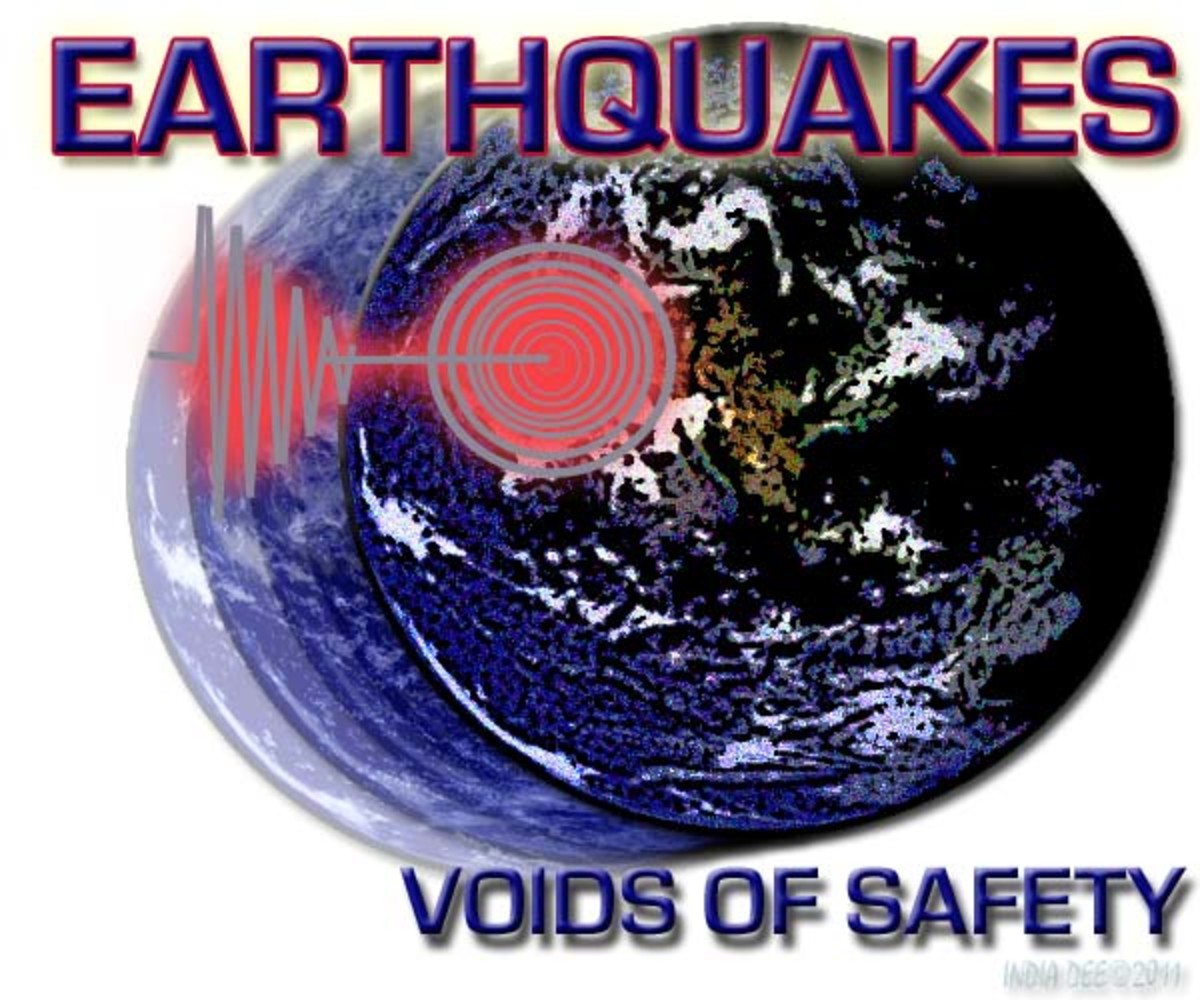Nature's Pollination Disaster: 31% of Bee Colonies Dead
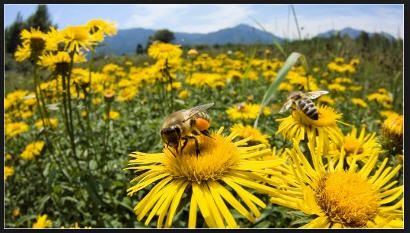
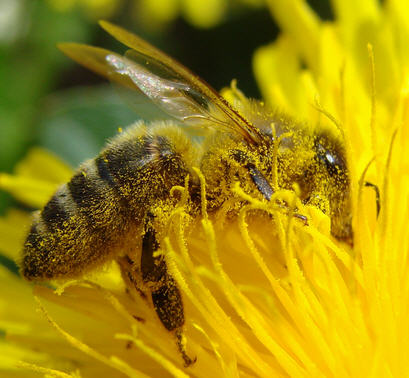
This natural event is spinning slowing and almost under all radars except for the beekeepers who colonize bees for a living. On a daily basis, most people do not even consider the impact of a little bee and why they are critical to many plants that humans eat. You could look at this event as one tied to biblical and a sign of end times because in the early days of the period, natural disasters increase in severity, weather patterns change, ocean life suffers etc.
This past winter of 2012-13 was near catastrophic for bee colonies that help pollinate the fruit and vegetable crops of America. The honeybee colonies declined by 31%, which is about 800,000 bees in the US. But this has been happening, this mass die-off for a few years now with little explanation. In 2004, a bee colony produced about 70 lbs. of honey, today, it is 55 lbs. Nowhere has it been seen more than in California that needs bees to pollinate its $4 billion a year almond crop. Overall, bees pollinate $20 billion worth of crops across America.
Since 2006, bee colonies have decreased by 25-30% each year. Bees are vital for most fruit and nut pollination, without them, there is none. To pollinate 46,000 acres of crop requires 91,000 bee colonies and they are expensive, making it the second most costly production item for farmers.Each year, more than 1.5 million colonies are shipped from across of America to California almond orchards to pollinate the crops. This year, there is barely enough to pollinate them. The situation is one step away from a disaster. Ironically, 70% of the honey eaten in the USA comes from other countries!
Scientists don't really understand why the die-off is occurring. There has been no smoking gun. They cite all the usual suspects-weather, parasites, disease, and pesticides. In Europe, the bee decline is also occurring, so they have restricted the use of neonicotinoid pesticides, which are widely use in the USA. These chemicals are safer to the plants because they are applied to the seeds before planting and not on the plants. Corn crops use them extensively.
The pesticides made in Germany and Switzerland are not suspect by their makers but they do acknowledge if they are not applied correctly they could be dangerous to bees when they are foraging. American pesticide makers just don't know and cite their is not enough evidence.
Regardless, bees are important to human health and their dying-off is a sign that something has gone awry.

